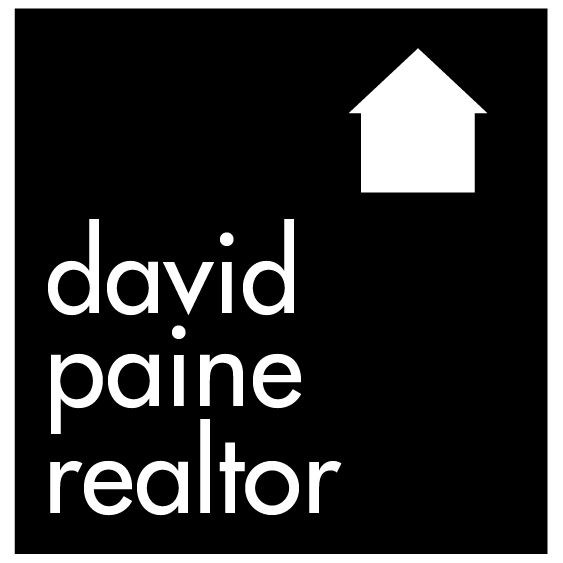Part 1 (in a series): Financing
If you're buying your first house or you’re a buyer who hasn’t made a purchase recently, it’s important to understand what it takes to buy real estate in today's market.
Unless you can afford to pay cash for a property, you’ll need to obtain a mortgage. Your credit score, down payment, debt-to-income ratio, and employment history will be key to doing that.
The focus of many TV commercials – your credit score – is used by lenders to calculate whether you’ll be able to pay back what you’re loaned. A credit score above 620 is what most lenders will require to even consider you for a loan. FHA and other non-conventional loans may allow lower scores. The higher your credit score, the better the interest rate you’ll likely be offered. A good credit score is 740 or better.
A debt-to-income ratio is one way lenders measure your ability to manage your monthly mortgage payments. This ratio compares your monthly debt load (mortgage payment, property taxes, association dues, home owner’s insurance, car loans, student loans, credit cards, child support and child care, and any other fixed payments) to your gross monthly income (income before taxes are taken out). To make sure you aren't taking on more house than you can afford, your debt-to-income ratio should generally be at 36% or lower.
Banks or mortgage lenders require a down payment of 20% if you want to avoid paying PMI (private mortgage insurance); they can make loans with down payments of 5% to 10% of the loan amount if you can afford the monthly payments (see Debt-to-Income ratio). FHA and other non-conventional loans may require as little as a 3.5% down payment. In addition to a down payment you also need cash (i.e. liquid assets in a savings or checking account) for expenses and fees called “closing costs”.
Lenders also require proof of your history of employment going back two or more years. If you work part-time or are self-employed if may be more difficult to prove you have enough income to qualify. Income is verified through tax returns that have been filed with the IRS.
If you know you will need to finance your purchase, you’ll need a lender in your corner. In today's highly competitive market, you'll need to line up financing before you even begin house-hunting. Whether it’s a conventional, FHA or other type of loan, lining up your mortgage before you begin looking will save time and greatly increase your chances of getting the home you want.

